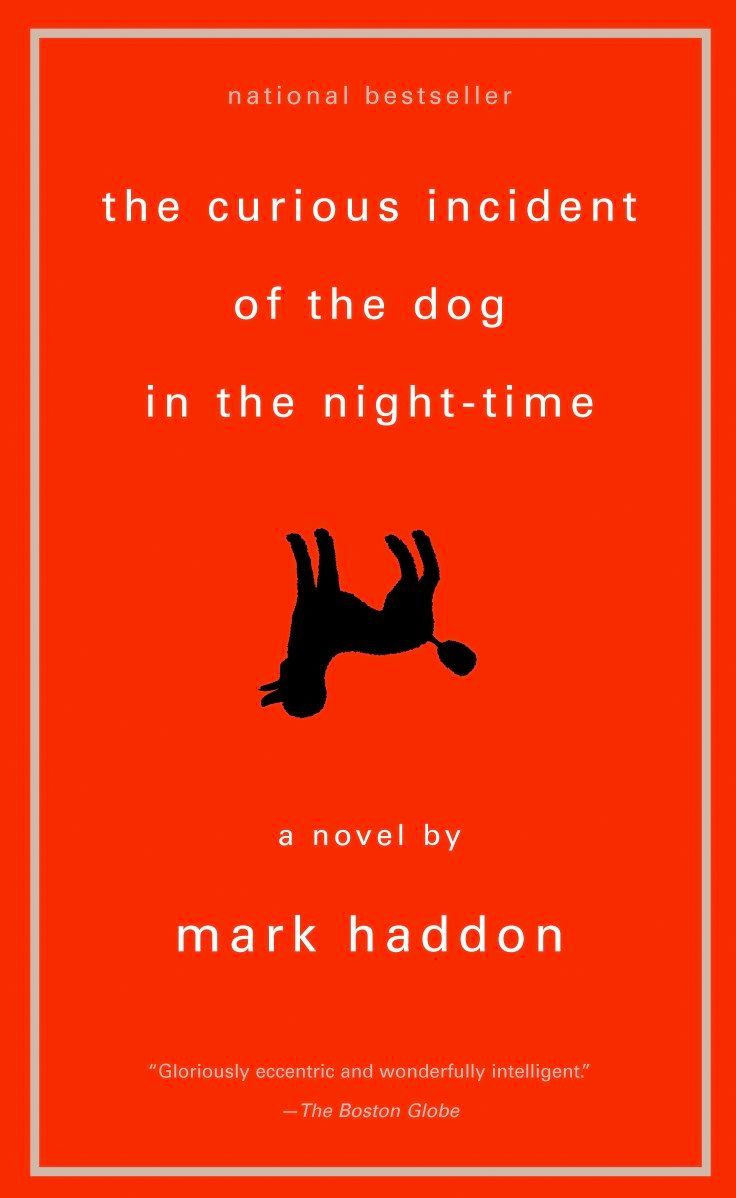Curious Incident
- Coordinator John Bryan

- May 17, 2020
- 2 min read

Several months ago a friend who teaches “special education” and whose students include mostly persons on the autism spectrum e-mailed me to say he’d seen a wonderful play and to recommend that I read the book from which the play was written: The Curious Incident of the Dog in the Night-time.
Which has now resulted in guilt.
I am a guilty autism grandparent – guilty of promoting (both wittingly and unwittingly) autism stereotypes. Such promotion causes unfair and inaccurate assumptions and judgments about specific persons on the autism spectrum. My lame excuse is that I am still an autism newbie. My granddaughter was diagnosed just 2 years ago. Certainly there are other “new” autism grandparents who share my guilt.
One of my current guilts is having said the following to other autism grandparents about Mark Haddon’s The Curious Incident of the Dog in the Night-time: “While this book focuses on only one specific person, it does help you understand that an autistic brain is often wired in ways that the rest of us can neither understand nor comprehend.”
The Curious Incident of the Dog in the Night-time has received lots of praise and honors – both as a novel and as a play. I liked it very much. BUT, I now realize that this book as well as several other popular and fictional books and movies and television features that focus on autistic persons can and do result in their audiences arriving at opinions about autism that are usually inaccurate about specific persons.
All of which begs the question: What do I do when another novel or movie is released about a fictional person with autism? I’m still sorting that out.
Meanwhile, here’s a link to my favorite “review” of The Curious Incident of the Dog in the Night-time: https://researchautism.org/book-review-the-curious-incident-of-the-dog-in-the-night-time/
This review, by Serena Shim, is featured on the website of OAR – Organization for Autism Research. Perhaps this review can help all of us autism grandparents as we encounter such works of fiction.



Comments